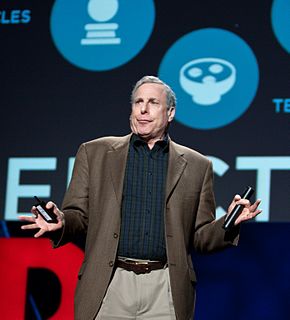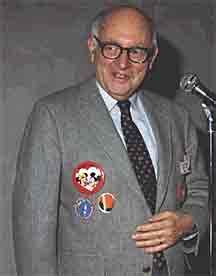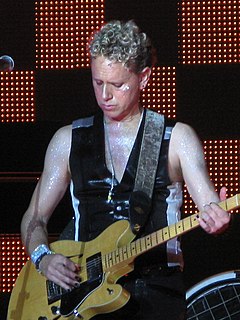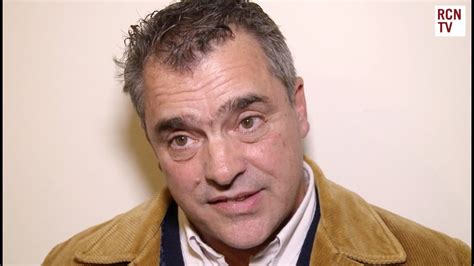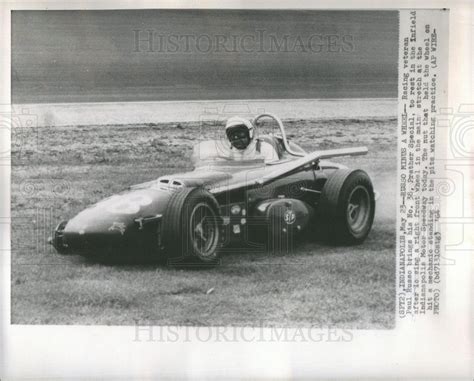A Quote by Paul Halmos
Mathematics is not a deductive science - that's a cliché. When you try to prove a theorem, you don't just list the hypotheses, and then start to reason. What you do is trial and error, experimentation, guesswork.
Related Quotes
If you have to prove a theorem, do not rush. First of all, understand fully what the theorem says, try to see clearly what it means. Then check the theorem; it could be false. Examine the consequences, verify as many particular instances as are needed to convince yourself of the truth. When you have satisfied yourself that the theorem is true, you can start proving it.
Mathematics has two faces: it is the rigorous science of Euclid, but it is also something else. Mathematics presented in the Euclidean way appears as a systematic, deductive science; but mathematics in the making appears as an experimental, inductive science. Both aspects are as old as the science of mathematics itself.
For me, form is something I locate in the process of writing the poems. What I mean is, I start scribbling, and then try to form the poem - on a typewriter or on my computer - and, by trial and error, try to find the right shape. I just try to keep forming the poem in different ways until it feels right to me.
Some mathematics problems look simple, and you try them for a year or so, and then you try them for a hundred years, and it turns out that they're extremely hard to solve. There's no reason why these problems shouldn't be easy, and yet they turn out to be extremely intricate. Fermat's Last Theorem is the most beautiful example of this.


